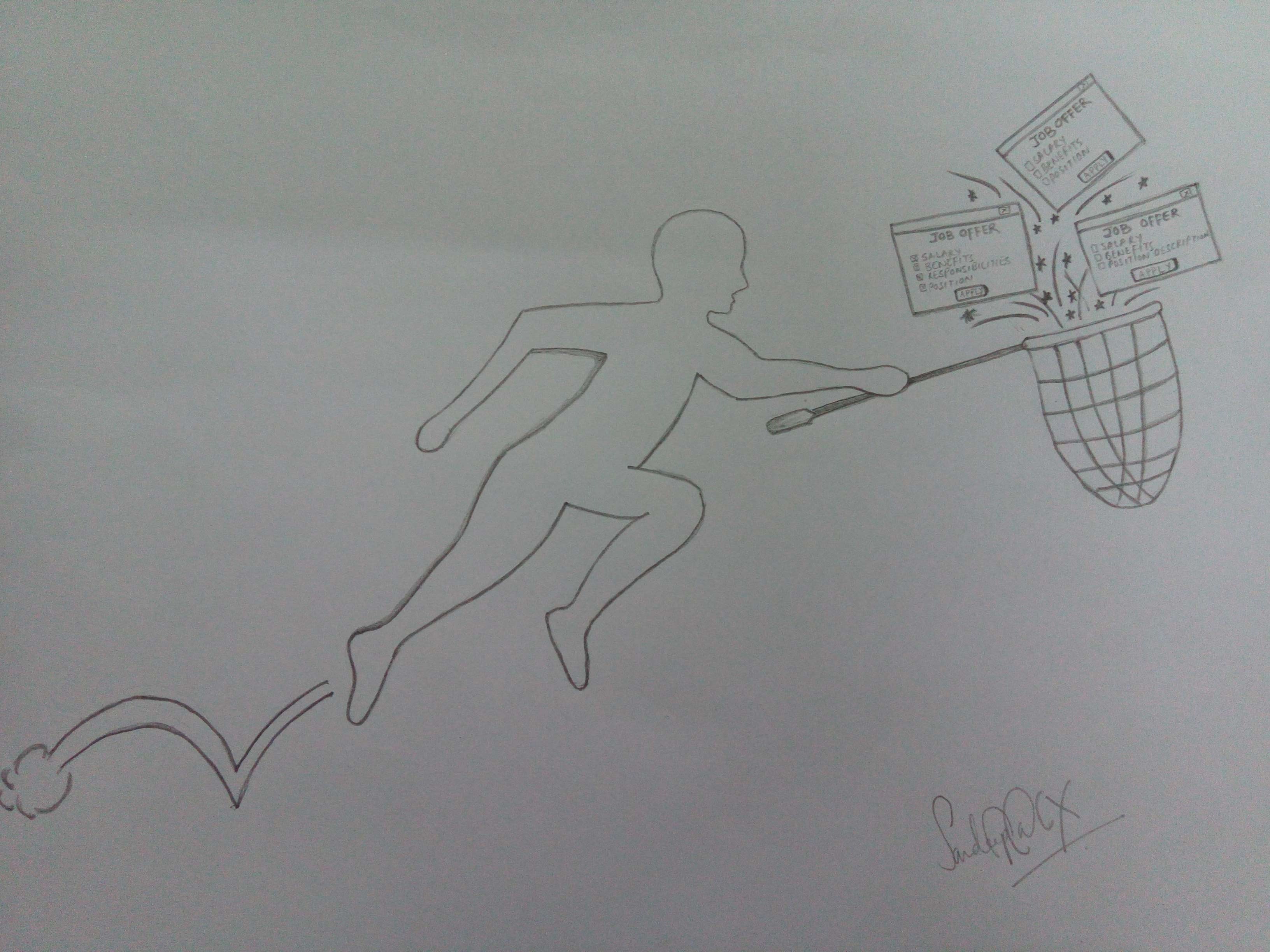“The greatest leader is not necessarily the one who does the greatest things. He is the one that gets the people to do the greatest things.” — Ronald Reagan
Let’s answer this: Are You Leading or Babysitting Your Team?
If you are a leader with good intentions, you want to do what is best for your team. You want to help them succeed and grow. But sometimes, being the boss can make you feel like you’re a babysitter and have to keep your employees happy and entertained, even when they are adults who are capable of taking care of themselves.
Certainly, that sentiment is completely understandable. Day in and day out, for approximately eight to nine hours, you find yourself in a position of authority over your team. You establish guidelines, and sometimes, they challenge those rules. You recognize and acknowledge their positive actions, yet when they misbehave, you often wish someone else would step in to address the issue…
This is precisely why we’re discussing this topic. While it’s certainly commendable to be a hands-on and involved leader, it’s crucial to remember that your team members are not akin to children, and your role isn’t that of a caretaker.
So, how can you distinguish between effective leadership and simply babysitting your team?
Here are the signs to look out for whether you are Leading or Babysitting Your Team?
Babysitter: Allows Team Freedom, Regardless of Performance
While it’s nice to be liked, earning respect is crucial. If you let subpar work, lateness, or issues slide, you’re babysitting your team.
Leader: Sets Clear Expectations
Leaders enforce standards. Just as you understand your team, they must know your expectations. Define tasks for them to handle independently and when you need to be involved.
If someone keeps seeking your guidance for tasks they can do alone, address it. If they leave you out of discussions where your input matters, communicate your concerns. Don’t assume people can read your mind. Be clear about expectations to avoid misunderstandings and micromanagement.
Babysitter: Rushes to Solve Conflicts Immediately
If you find yourself constantly swooping in to resolve every issue promptly, similar to caring for children when they stumble or cry, you might be taking away growth opportunities for your team, and yourself.
A Leader Asks, “What’s Your Plan?”
Instead of automatically offering solutions to your employees’ problems, consider a different approach. Encourage proactive problem-solving by asking, “So, what’s your plan?” This opens a dialogue, allowing you to understand your team’s thought process and offer guidance if needed, without imposing your own solutions.
Babysitter: Only Offers Constant Praise
While positive feedback is essential, excessively giving out praise can hinder your team’s growth. It may give them a false sense of infallibility, leading to a reluctance to take risks.
A Leader Fosters Independence and Accountability
To encourage independence, grant your team the authority to act on their professional expertise. Trust them to handle their responsibilities and learn from their mistakes. Provide regular feedback, both constructive and positive, to facilitate discussions on progress and growth.
By instilling trust and autonomy, your team will be more likely to make informed decisions without constant guidance, and they’ll respect your leadership while taking ownership of their careers.
As a leader, your approach can make a significant impact on your team’s morale, productivity, and overall success. By recognizing the differences between being a good leader and a babysitter, you can strive to cultivate a positive and empowering work environment that not only benefits your team but also enhances your leadership capabilities. Prioritize trust, communication, and development, and you’ll find yourself on the path to becoming a truly effective leader.
Our Corporate Site: Careerxperts Technologies
Read our previous Newsletter: Is Your Professional Style More Introverted or Extroverted?




Leave a Reply